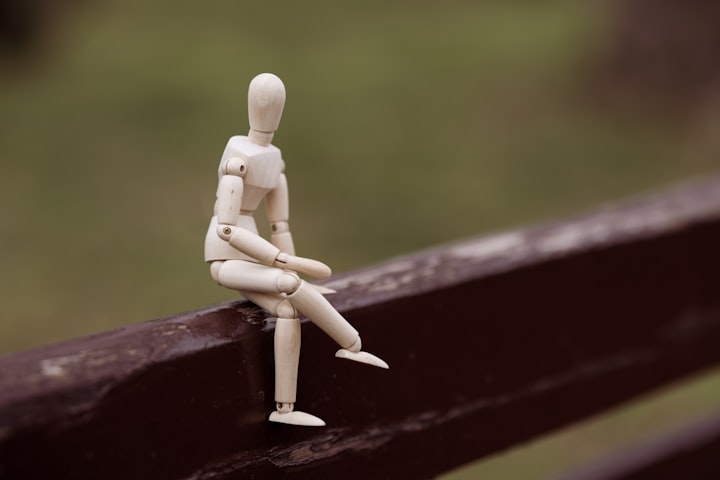Why Spending Time Alone is Most Important?
“Most of us link loneliness to unhappiness, but research shows that solitude has many mental and physical benefits. Attaining a mental state of solitude can be effortless than you think, you can enjoy solitude on a crowded bus or in a coffee shop.”

Spending time alone otherwise termed as solitude has both mental and physical benefits. We are living in a fast-paced world, where attention is the scariest commodity. Everyone needs your attention, from managers, friends, relatives, spouses to hundreds of commercials you see every day in and out. Solitude is defined as a subjective state in which your mind is free from input from other minds. It is subjective and it is not a requirement for attaining a state of solitude. You can enjoy solitude on a crowded bus or in a coffee shop. Solitude requires you to isolate yourself from the inputs of other people and focus instead on your own thoughts and experiences, it doesn’t matter wherever you happen to be.

Blaise Pascal famously said, “All of humanity’s problems stem from man’s inability to sit quietly in a room alone". Benjamin Franklin agreed and acknowledged that solitude is an agreeable refreshment to a busy mind. When you spend time alone with yourself lost in your own thoughts, the most important benefit comes from the emotional balance attained as a result of self-reflection. Self-introspection is essential for living a monumental life. It comes with little surprise that most brilliant scientists and politicians spend a lot of time with themselves away from external distractions. Famous scientist Thomas Edison which had patented more than hundreds of groundbreaking inventions locked himself for weeks along with his assistant in his research facility to prepare his mind. President Abraham Lincoln resided in Armed Forces Retirement Home in the countryside and commuted back and forth to the White House on horseback. This detachment played a key role in helping Lincoln to face the Cold War and tackle the hard decisions he faced. It provided Lincoln which is almost impossible to obtain in White House: time for self-reflection, clarity of thoughts, and space to think.

Most people relate solitude with loneliness and unhappiness. An extended period of solitude and loneliness may result in unhappiness, but a lot of research shows it’s not always true. Wendell Berry summarized “When we enter solitude, also we lose loneliness". Humans evolved to have strong social connections, as acceptance in a clan was essential for basic needs and the prolonged life span of personnel. As a consequence, our default mode of thinking is sociality. It can be summarized as regular doses of solitude, amalgamated others our default mode of socialism is essential to develop as a human being with a strong personality.
The modern smartphone age is rich with tons of social media platforms, and countless ways to connect with your friends, family, and even with people you never know before, the shortage of solitude is evident. In his book, “Digital Minimalism", Cal Newport terms ‘solitude deprivation’ as the state in which you spend close to zero time alone with your own thoughts and free from input from other minds. The idea of alone is sold as unappealing in the modern consumerist society. It’s been sold to us that more connectivity is better than less connectivity, consuming data is idealized than being alone and spending time with yourself, this was enthralled by Fear of Missing out (FOMO) in the present generation. Solitude deprivation is a serious illness, which permits your actions to be controlled by external thoughts.
Research shows that spending quality time alone with yourself boosts your creativity. Creativity tends to get spiked when you let your mind wander without attaching it with your mental strings. In a study published in 2020, in the journal ‘Natural Communications’, loneliness or social isolation led to increased activity in neural networks related to imagination and our brain stimulates our creative networks to fill the void created. So next time when you feel lonely, instead of being anxious, just perform an exercise that demands your creative networks.






Comments
There are no comments for this story
Be the first to respond and start the conversation.